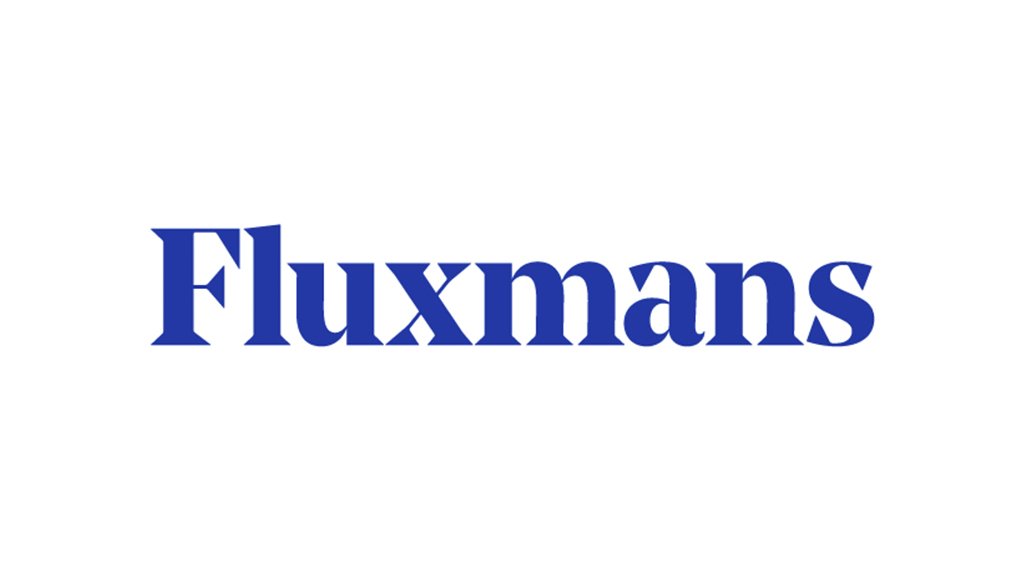Following the liquidation of Tariomix (Pty) Ltd in Hermanus No and Others v Liebenberg (2024-071301) [2025] Zarph 89, the appointed joint provisional liquidators applied to sequestrate Mr Louis Liebenberg, a former director of Tariomix accused of misappropriating company funds.
Gambling Losses
The joint provisional liquidators submitted that Mr Liebenberg used and lost company funds through various casino gambling activities. Mr Liebenberg asserted that his activities constituted legitimate business transactions and were necessary given the company’s large cash dealings in the diamond industry. He further argued that the claim had prescribed.
The Court found that the gambling activities did not serve a legitimate business purpose. It also dismissed Mr Liebenberg’s prescription argument and held that, on an interpretation of the Prescription Act 68 of 1969, the three-year prescription period in respect of the gambling debt had not yet lapsed as it only began to run when the joint provisional liquidators took over control of Tariomix and gained knowledge of the gambling debt.
Social Media Posts
Mr Liebenberg published a social media post alleging that security staff had stolen cash, gold and diamonds from his property, which theft he then reported to the police.
The joint provisional liquidators argued that the alleged stolen items were company assets unlawfully possessed by Mr Liebenberg who contended that the stolen items were not company assets, further asserting that the joint provisional liquidators misconstrued his social media posts.
The Court noted that the law recognises a liquidated claim derived from admissions of monetary theft. However, it was doubtful that the alleged stolen assets existed and noted further that the items could not be traced.
The Court held that, in these circumstances, social media posts are not prima facie proof of a liquidated claim. However, it stated that these social media posts may be influential when considering an advantage to creditors in sequestration if the alleged stolen assets are traced and recovered during liquidator investigations.
Cost Orders
The joint provisional liquidators were granted legal costs against Mr Liebenberg in prior court proceedings as contained in previous bills of costs. Mr Liebenberg argued that the bills of costs, at the time of launching the sequestration application, had not yet been taxed, would have been subject to objection and final determination by the taxing master, and that a prospective debt did not constitute a liquidated claim.
Mr Liebenberg further submitted that the joint provisional liquidators refused his tendered payment of the taxed costs. The joint provisional liquidators argued that they could not accept the tendered payment as this would amount to a voidable disposition.
The Court held that a liquidated claim must be established at the time of the hearing as opposed to at the time of issuing the application. In these circumstances, the taxed amount was finalised before the provisional sequestration hearing. The Court also held that the joint provisional liquidators were justified in refusing the tendered payment of taxed costs, as it may later be set aside as a voidable preference made by a factually insolvent Mr Liebenberg.
The Court ultimately recognised the reduced taxed amount as a liquidated claim and concluded that all the requirements had been met by the joint provisional liquidators for the provisional sequestration of Mr Liebenberg’s estate.
Written by Ryszard Lisinski & Brett Weinberg, Fluxmans Attorneys
EMAIL THIS ARTICLE SAVE THIS ARTICLE ARTICLE ENQUIRY FEEDBACK
To subscribe email subscriptions@creamermedia.co.za or click here
To advertise email advertising@creamermedia.co.za or click here











